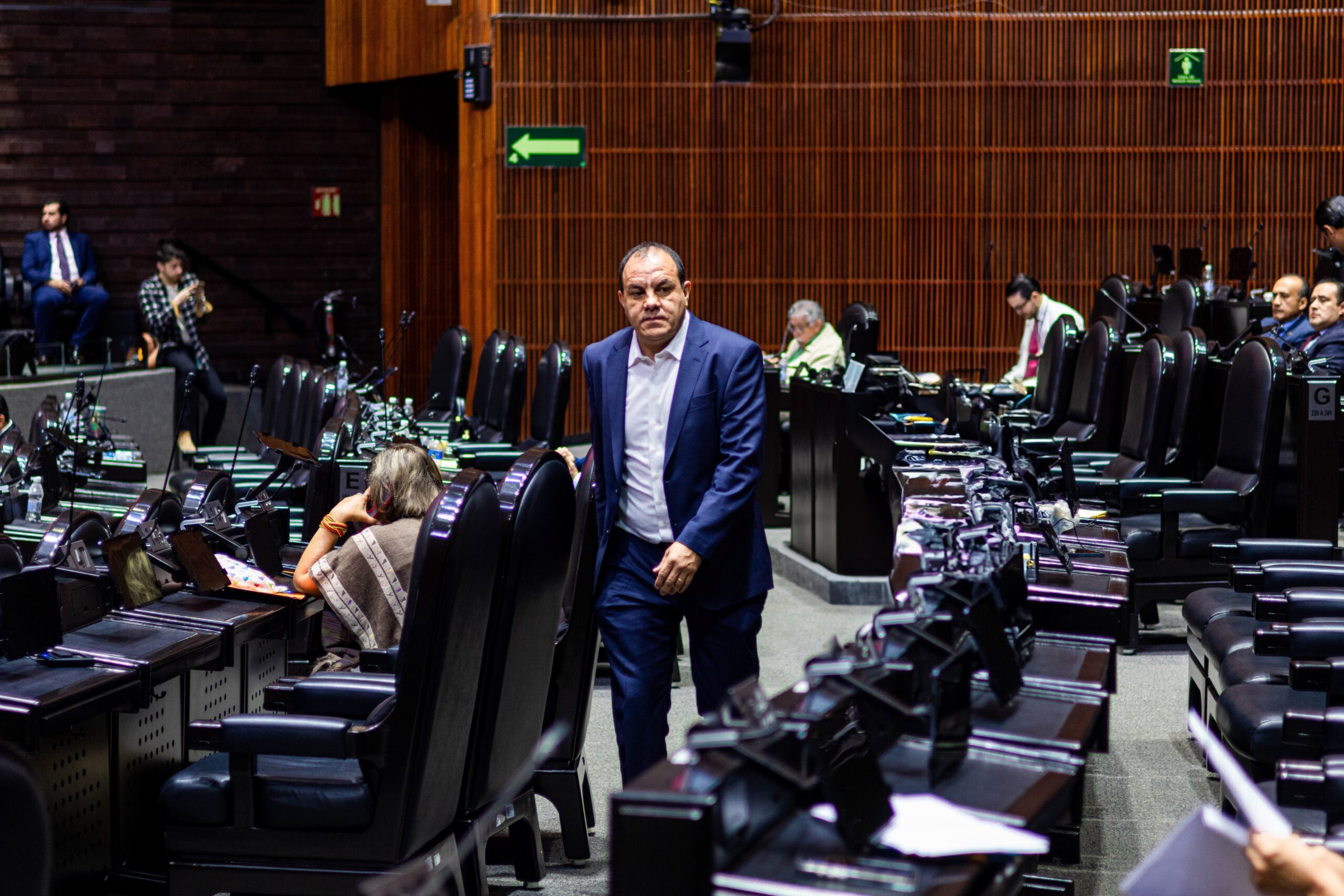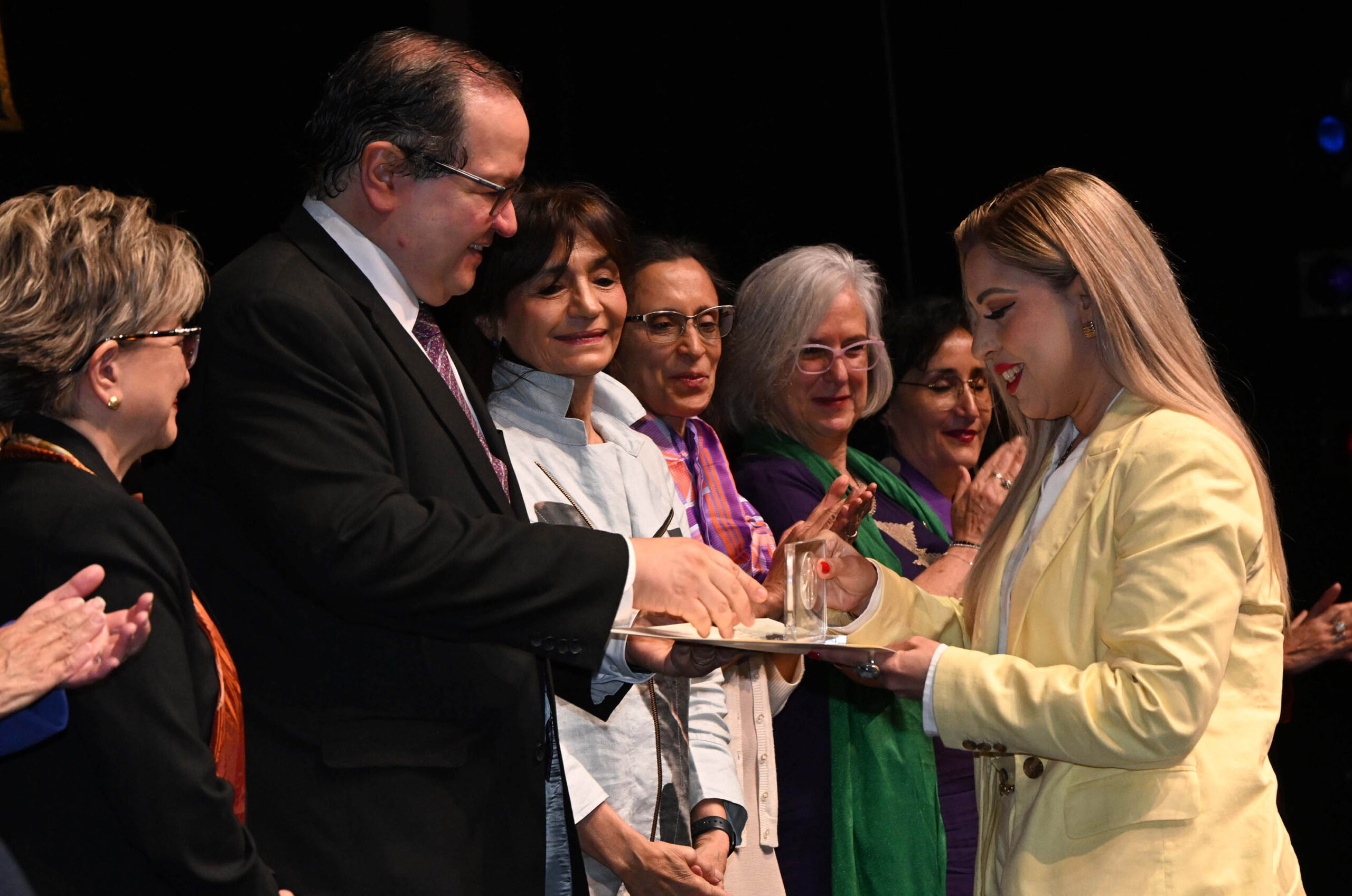An alarming situation recently came to light, involving a human trafficking case in Georgia, a country in Eastern Europe. This discovery brought to public attention a place described as a "human egg farm," where many women were held against their will. It's a rather disturbing report that has, you know, caught the attention of many people concerned with human rights, especially since it involves such a sensitive aspect of human life.
This deeply troubling arrangement involved nearly one hundred women, who were kept in conditions resembling servitude. The details surfaced thanks to a brave account from three women who managed to get away. Their stories, too, shed light on the severe exploitation taking place, giving a voice to those who were silenced and, quite frankly, treated as property.
News outlets, like the Bangkok Post, picked up on this story, detailing how these women, some from Thailand, were tricked into a scheme that promised something different but delivered hardship. It's a situation that truly makes one think about the vulnerabilities some people face, and, you know, how important it is to be aware of such dangers, even when they seem far away.
- Lucy Mochi Controversy
- Mr Greedy Indian
- True Love Waits Movie Netflix
- Dti Embraced By Lace
- Does Kai Cenat Have Adhd
Table of Contents
- The Alarming Situation
- What Happened at the Granja de Ovulos Humanos?
- Who Helped the Victims of the Granja de Ovulos Humanos?
- Are There Laws Against a Granja de Ovulos Humanos?
- The Rescue Efforts
- The Victims' Stories from the Granja de Ovulos Humanos
- What Is Being Done About the Granja de Ovulos Humanos?
- Looking Ahead for the Granja de Ovulos Humanos Case
The Alarming Situation
The core of this unsettling report centers on a human trafficking incident that unfolded in Georgia, a nation located in Eastern Europe. It's a place where, apparently, about one hundred women were kept in a state of being enslaved. This truly awful setup was called a "human egg farm." The very idea of it, you know, brings about a lot of concern for the well-being of people.
The initial news of this troubling place, where women were held against their will, surfaced because of the courageous actions of three women. These individuals, somehow, managed to break free from the conditions they faced. Their testimony, you know, served as the first real public alert, giving voice to a situation that had been hidden from view, and that, too, is a powerful thing.
- Belly Backshots Position
- Kinchana Ding Ding Ding Song
- Allison Kuch Height
- Sean Omalley Vs Merab Highlights
- Fmshticwa Meaning Slang
This information, then, found its way to the public through various news reports. The Bangkok Post, a newspaper from Thailand, was among the first to share the details. They reported on how these women, many of whom were from Thailand, were deceived into joining what turned out to be an unlawful operation for collecting human eggs. It's a situation that, basically, highlights how vulnerable some people can be to such cruel deceptions.
The reports painted a picture of extreme exploitation. These women were not just tricked; they were, in fact, subjected to treatment that likened them to livestock, their bodies used for the collection of biological material. This kind of treatment, you know, goes against every principle of human dignity and respect, making the situation all the more disturbing for anyone who hears about it.
What Happened at the Granja de Ovulos Humanos?
So, what exactly went on at this place described as a "granja de ovulos humanos"? According to the accounts that came out, about one hundred women found themselves trapped in this location. They were kept there, essentially, as slaves, their freedom taken away. This was not a voluntary arrangement, but rather a forced one, which is pretty much the definition of human trafficking, as a matter of fact.
The women involved were tricked into going to Tbilisi, which is the capital city of Georgia. They were promised one thing, but they ended up facing something entirely different. Upon arrival, or perhaps soon after, their travel documents, like their passports, were taken from them. This act, you know, made it very difficult for them to leave or seek help, basically trapping them there.
One specific group of twelve women, for example, traveled to Georgia on August 30, 2024. Their trip involved stops in places like Dubai and Armenia before reaching their final destination. During this travel, they were given a small sum of money, about $500 in cash, which they were told to show upon entry. This detail, you know, suggests a calculated plan to make their entry seem legitimate, even though the true purpose was anything but.
The core activity at this place involved the collection of human eggs. This process, when done without proper consent and under duress, becomes a severe form of exploitation. The women were, apparently, subjected to these procedures, their bodies used for this purpose without their true agreement. It's a very serious violation of a person's physical autonomy and well-being, to be honest.
The stories that emerged from those who escaped spoke of conditions that were far from humane. They described being treated, you know, in a way that stripped them of their individuality, reducing them to mere sources for a biological product. This kind of treatment, basically, shows a complete disregard for human life and dignity, which is just truly awful to hear about.
Who Helped the Victims of the Granja de Ovulos Humanos?
When news of this terrible situation involving the "granja de ovulos humanos" started to spread, help began to arrive. A key figure in the rescue efforts was Pavena Hongsakul. She is the person who started the Pavena Foundation for Children and Women, which is an organization that works to help people in need, based in Thailand. Her group, you know, played a big part in getting some of the women back to their home country.
Pavena learned about the case from a woman who had managed to get out of the situation. This woman, after paying a significant amount of money, something like 42,490 Mexican pesos, to the people who had held her, was able to secure her own freedom. Her personal account, too, was what brought the whole situation to Pavena's attention, setting the rescue efforts in motion.
The Bangkok Post reported on February 3rd that three Thai women had just been saved from the egg smuggling operation. These women had been tricked into it, but with help, they were able to return home. One victim, who got back to Thailand in September 2024, also told Pavena about other Thai women who were still trapped at the "granja de ovulos humanos." This kind of information, you know, was vital for understanding the full scope of the problem.
The foundation, working with others, helped to bring these women back to Thailand. It's a process that involves a lot of coordination and effort, especially when dealing with international cases of human trafficking. The work of groups like the Pavena Foundation is, essentially, a lifeline for those who find themselves in such terrible circumstances, providing them with a way out and, you know, a path back to safety.
Are There Laws Against a Granja de Ovulos Humanos?
The existence of a "granja de ovulos humanos" raises a very important question: are there actually laws in place to stop such things from happening? The answer is, yes, there are. Laws exist that make it illegal to sell human biological materials. This rule, you know, is put in place because people are worried about the possibility of abuse, which is exactly what happened in this situation, apparently.
These legal restrictions are designed to prevent the kind of exploitation that was seen in Georgia. The idea is to make sure that human body parts or materials, like eggs, are not treated as goods that can be bought and sold. This arrangement, too, is meant to align with ethical standards that protect human dignity and prevent people from being used for commercial gain.
The case itself involved an illegal plan for collecting human eggs. This means that the people running the "granja de ovulos humanos" were operating outside of what is allowed by law. Their actions were, essentially, a direct violation of these rules that aim to stop the trafficking and improper use of human biological substances. It's a clear instance of criminal activity, you know, that goes against established legal frameworks.
The fact that such laws exist shows a global concern about these issues. Governments and international bodies recognize the potential for harm when human biological materials are commercialized without strict oversight and ethical considerations. So, while this particular "granja de ovulos humanos" was operating unlawfully, the legal groundwork to oppose such practices is, basically, in place to protect individuals.
The Rescue Efforts
The efforts to rescue the women from the "granja de ovulos humanos" were a significant part of this whole situation. Three Thai women, for instance, were successfully saved from the illegal egg collection operation in Georgia. This rescue was a direct result of the reports and the work of various groups trying to help. It’s a very positive step, considering the awful conditions they faced, you know.
The story of one woman who returned to Thailand in September 2024 was particularly important. She gave information to Pavena about other women who were still being held. This personal account, apparently, helped guide the rescue teams, giving them crucial details about the ongoing situation and the people still in danger. It shows how one person's courage can help many others, too.
The rescue mission itself involved cooperation, it seems. The Pavena Foundation for Children and Women, a non-governmental organization based in Thailand, was a key player. They helped to bring the women back to their home country. This kind of work, you know, often involves careful planning and coordination with authorities in different places to ensure the safety of those being helped.
Despite the successful rescues, the work is far from over. There are still investigations going on to try and save the rest of the women who might still be held. This means that the people involved in these efforts are continuing their work, trying to find and free everyone who was caught up in this terrible scheme. It's a very persistent effort, basically, to right a serious wrong.
The Victims' Stories from the Granja de Ovulos Humanos
The stories from the women who were victims of the "granja de ovulos humanos" are, frankly, heartbreaking. Four Thai women, for example, reported that they had been victims of a human trafficking network. They were taken to Tbilisi, Georgia, under false pretenses. Once there, their travel documents were taken away, which, you know, made them feel completely trapped and helpless.
These women described being kept in conditions that were like being slaves. They were exploited, their bodies used for the collection of eggs. The treatment they received was, apparently, very harsh, and they were handled in a way that compared them to livestock. This kind of experience, too, leaves deep marks on a person, both physically and emotionally, as you can imagine.
The initial three women who managed to escape were all from Thailand. Their ability to get away and then speak about what happened was, in a way, a turning point. Their testimony, you know, made it possible for the wider public and aid organizations to learn about the extent of the exploitation and the terrible conditions at this place. It was a very brave act on their part.
One woman, after paying a significant sum to the people who had held her, was able to get free. Her account, in particular, was crucial for an activist from Thailand, who then began to work on the case. This shows how individual acts of courage, even in the face of such hardship, can, basically, spark a larger movement for justice and rescue for others who are still suffering.
What Is Being Done About the Granja de Ovulos Humanos?
So, what exactly is being done about this "granja de ovulos humanos" situation? Well, there's an ongoing investigation, for one thing. The aim of this work is to try and rescue the rest of the women who are still being held. This means that law enforcement and aid groups are, you know, actively working to locate these individuals and bring them to safety, which is a very important task.
News organizations, like CCA Noticias, have also been exploring this controversial topic of "human egg farms." They have been looking into the real-life cases behind these practices. This kind of media attention, too, helps to keep the issue in the public eye, raising awareness and putting pressure on authorities to act. It's a way of making sure the story doesn't just fade away.
The public's reaction, as seen on social media platforms like TikTok, has been quite strong. Videos discussing the "granja de ovulos humanos" case have received hundreds of thousands of likes and thousands of comments. This shows that people are, you know, deeply concerned and want to know more about what happened and what is being done. It's a clear sign of public interest and, basically, a demand for accountability.
The case is being treated as a serious instance of human trafficking. Three Thai women, as reported, were rescued after being tricked into an illegal egg collection scheme. This acknowledgment by authorities and aid groups means that the full weight of legal and humanitarian efforts is being directed at dismantling such operations and bringing those responsible to justice. It's a very serious matter, apparently, that is getting the attention it needs.
Looking Ahead for the Granja de Ovulos Humanos Case
Looking ahead, the situation surrounding the "granja de ovulos humanos" still has many moving parts. The investigations are continuing, with the hope of finding and helping all the women who remain trapped. This means that the work of rescue organizations and law enforcement is, you know, far from over, and they are still actively pursuing leads to ensure everyone's safety.
The reports from various media outlets and the testimonies of the rescued women have brought this issue into the light. This public exposure, too, is important for preventing similar situations from happening in the future. When people are aware of such dangers, they are, basically, better equipped to protect themselves and others from falling victim to these kinds of schemes.
The legal aspects of the case are also significant. The existence of laws against the sale of human biological materials shows a clear stance against such exploitation. The ongoing efforts to prosecute those involved in the "granja de ovulos humanos" operation will, you know, serve as a reminder that these actions are unlawful and will be met with legal consequences. It's about upholding human rights and the rule of law, as a matter of fact.
The community support and public outcry, as seen through social media engagement, also play a role in keeping this issue relevant. This collective voice, apparently, helps to ensure that the victims are not forgotten and that the efforts to combat human trafficking continue with vigor. It’s a powerful demonstration of how people can come together to address serious human rights violations, and that, too, is something to consider.



Detail Author:
- Name : Bernardo Halvorson
- Username : eichmann.jaeden
- Email : vdouglas@damore.com
- Birthdate : 2006-03-15
- Address : 204 Dianna Hills Suite 937 Gerholdshire, GA 33205-7595
- Phone : 1-325-363-4680
- Company : Wolff-Toy
- Job : Armored Assault Vehicle Officer
- Bio : Rerum totam non cum et vel unde quis. Ea optio aspernatur non quo. Quasi rerum qui voluptas voluptatem harum. Mollitia dolor magnam alias excepturi repellendus molestiae laboriosam optio.
Socials
instagram:
- url : https://instagram.com/lacey_lindgren
- username : lacey_lindgren
- bio : Ullam itaque eaque dolorem rerum et voluptas. Nemo sed consequuntur soluta quia est.
- followers : 5691
- following : 681
facebook:
- url : https://facebook.com/lacey.lindgren
- username : lacey.lindgren
- bio : Est quas ut quidem rerum odio aut. Aspernatur non est rem culpa nobis.
- followers : 4013
- following : 2769
linkedin:
- url : https://linkedin.com/in/lindgren1984
- username : lindgren1984
- bio : Et est et delectus autem saepe et ut a.
- followers : 3782
- following : 1318
twitter:
- url : https://twitter.com/lindgren1995
- username : lindgren1995
- bio : Cum facilis est repellendus est quibusdam. Fuga ut laudantium doloribus qui esse voluptas odit. Nobis amet cupiditate quod expedita vero repellat id.
- followers : 4836
- following : 934